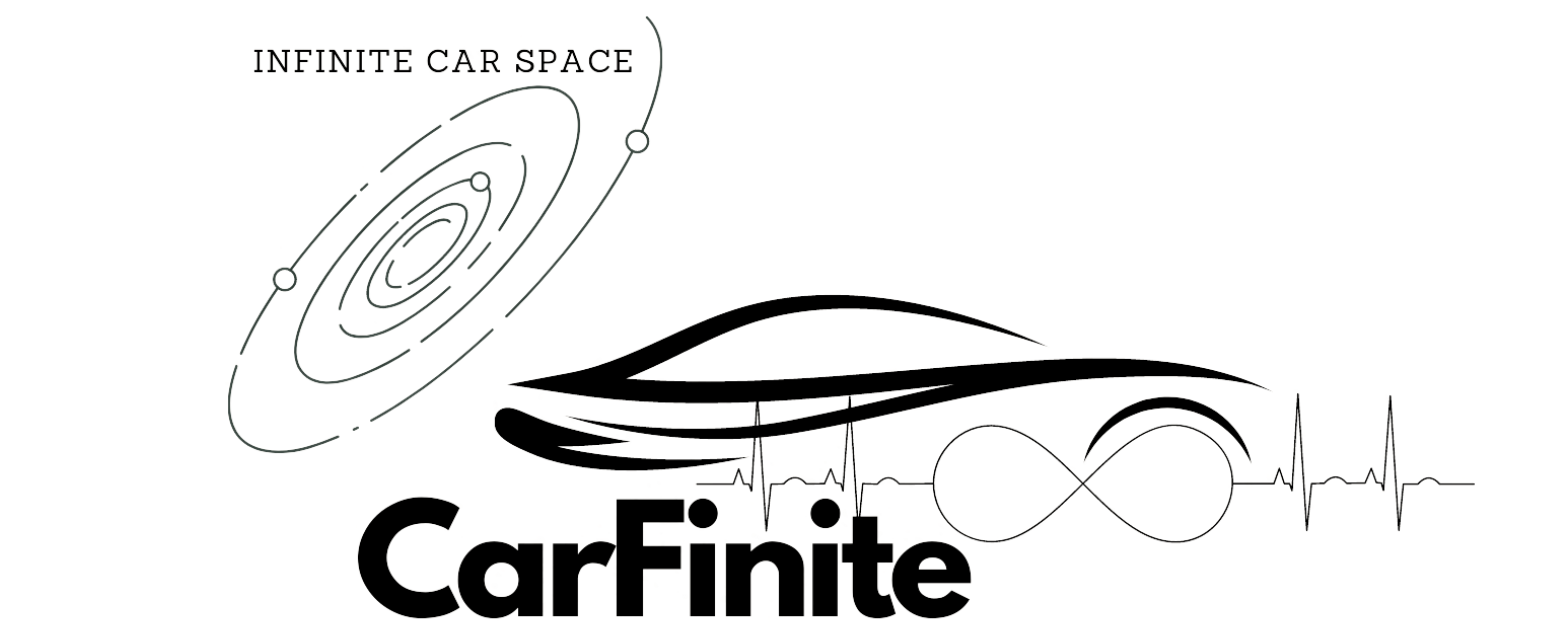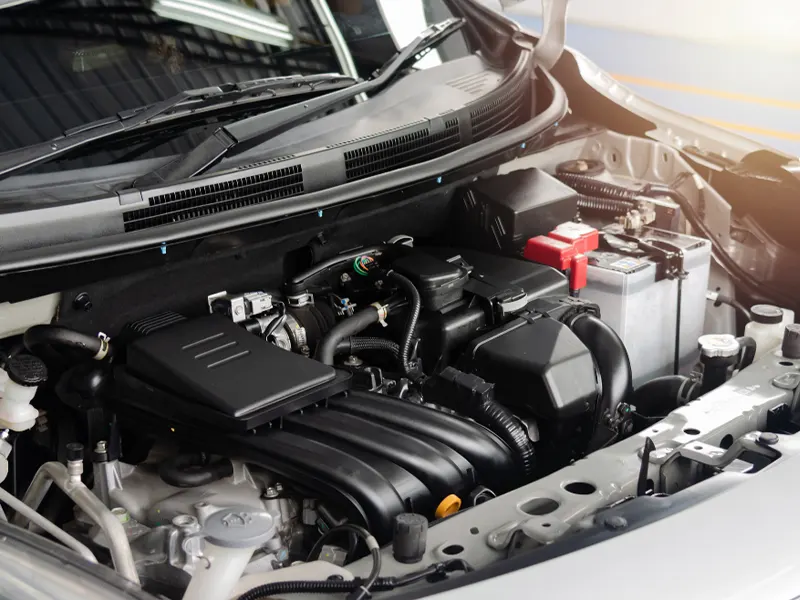The Ford Fusion is a popular midsize sedan that comes with four-cylinder, six-cylinder, hybrid, and plug-in hybrid powertrain options. But like any vehicle, Fusions can develop faults in the mechanical and electrical components that transfer power from the engine to the wheels – collectively known as the powertrain. Here’s a guide to diagnosing and addressing powertrain faults in Ford Fusions.
What is powertrain fault?
A powertrain fault is an issue with any component involved in generating and delivering power to the wheels of a vehicle. This includes the engine, transmission, driveline, torque converter, sensors, computer modules, and associated wiring. A fault can lead to reduced performance, increased fuel consumption, warning lights, strange noises, vibrations, and other drivability problems.
Symptoms of a Powertrain Fault
Common symptoms that indicate a possible powertrain fault in a Ford Fusion include:
- Illuminated warning lights on the dashboard such as the check engine light, wrench indicator light, or transmission fault message
- Lack of power during acceleration or reduced engine performance
- Transmission slipping, abrupt gear shifts, or difficulty shifting
- Unusual noises from under the hood or underneath the vehicle
- Vibrations, juddering, or shaking, especially when accelerating
- Increased fuel consumption and lower than expected MPG
If any of these symptoms arise, it’s important to diagnose the underlying cause as soon as possible. Driving with a powertrain fault can lead to further damage and more costly repairs.
Possible Causes of a Powertrain Fault
There are a number of mechanical and electrical issues that can trigger a powertrain fault message or related symptoms in a Fusion:
- Faulty sensors – Crucial sensors like the mass air flow sensor, crankshaft position sensor, camshaft sensor can malfunction and send incorrect input signals to the powertrain control module.
- Actuator failure – Actuators like solenoids and valves play key roles in areas like transmission gear shifts. Failure of these components can affect function.
- Transmission issues – Most powertrain faults stem from automatic transmission problems like worn clutch packs, broken gear teeth, leaks, faulty valves or torque converters.
- Driveline problems – The driveshaft, CV joints, differentials, axles, and other driveline components endure extensive wear-and-tear over thousands of miles. Their gradual failure can cause powertrain faults.
- Engine problems – Faulty cylinders, bad spark plugs, clogged injectors, cam phaser issues can lead to misfires, low power, stalling – triggering fault codes.
- Software and calibration bugs – The intricate software controlling the powertrain may require recalibration or code updates to fix gremlins.
Proper diagnosis helps accurately pinpoint the root cause from among these potential issues.
Diagnosing the Problem
Accurately diagnosing the underlying problem causing a powertrain fault is crucial before attempting repairs. This complex task is best left to trained mechanics with access to factory-level diagnostics tools and software.
Hooking up a professional-grade scan tool to the vehicle and scanning for diagnostic trouble codes (DTCs) provides an excellent starting point. DTCs provide specific information on sensor, actuator, and component failures throughout the powertrain system.
Additionally, techs conduct thorough visual inspections for leaks, damaged components, loose connections, wear and tear. They road test the vehicle extensively, analyze noises and vibrations, evaluate performance data, and zero-in on the root cause.
Repair Options
Once accurately diagnosed, some common repair options for powertrain faults in the Ford Fusion are:
- Sensor, actuator, and wiring harness replacement – Faulty powertrain sensors and actuators are repaired by replacement with new OEM or reliable aftermarket units. Damaged wiring may also need fixing.
- Software and calibration updates – Techs reprogram and upload the latest original software from Ford to potentially fix calibration bugs triggering false fault codes.
- Fluid flushes and fixes – Transmission fluid flushes, differential oil changes, new fluids help optimize performance and longevity.
- Select component overhaul – Slipping transmissions may need internal clutches and gears replaced, while worn driveshafts get rebuilt with new U-joints.
- Major powertrain repairs – Rebuilding transmissions or even engine replacement becomes necessary for some vehicles with extensive wear or damage.
- Obtaining warranty coverage – Many powertrain components may still be under Ford’s 5-year/60,000 miles new vehicle limited warranty.
Cost Considerations
A variety of factors influence powertrain repair costs in the Ford Fusion, mainly:
- Extent of damage to components
- New OEM vs quality aftermarket parts
- Independent mechanic vs dealer pricing
- Labor rates per hour
Minor sensor replacements may cost a few hundred dollars, while transmission overhauls average $2,000 to $3,500. Engine rebuilds when compression, oil consumption, or misfires cannot be resolved run over $4,000.
Researching repair quotes among multiple shops helps locate a reasonably-priced quality fix. Opting for aftermarket replacements from trusted brands saves money over factory components in many non-critical applications.
Prevention and Maintenance
The best remedy for avoiding costly powertrain repairs is diligent preventative maintenance. Critical recommended service intervals per Ford include:
- Oil and filter changes every 5,000-10,000 miles or 6-12 months
- Automatic transmission fluid replacement every 30,000 miles
- Rotating tires every 5,000 miles
- Checking powertrain components and fluids during routine multi-point inspections every 10,000 miles or 12 months.
Additionally, drivers should monitor warning signs like transmission shuddering, burning smells from under the hood, and abnormal engine sounds that signal service needs. Addressing minor problems promptly reduces risk of catastrophic failures down the road.

John Smith, a Los Angeles-based car specialist and automotive writer, boasts over 20 years in the industry. With a background as a master technician and a decade-long writing stint at notable automotive publications, John now shares his expansive knowledge on CarFinite, simplifying car maintenance for readers.

